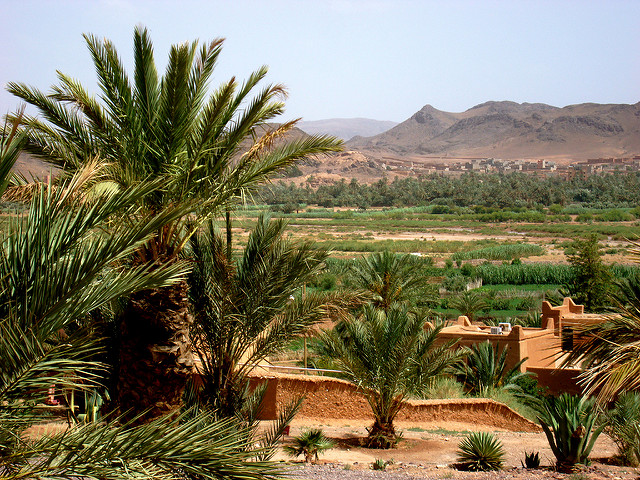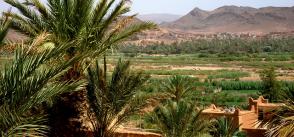
Morocco's clean energy, clear advantage
Africa has tremendous energy resources, yet 600 million people across the continent lack energy access. We take a look at clean energy in Morocco for lessons on reducing energy poverty in Africa.
Providing reliable, affordable, and sustainable access to energy has become a core focus of the international development community and is the seventh goal of the 2015 United Nations Sustainable Development Goals.
Roughly 1.2 billion people, or 17 percent of the global population, are energy poor.
Roughly 1.2 billion people, or 17 percent of the global population, are energy poor, meaning that they have no access to electricity. Meanwhile, more than 2.7 billion people, primarily in developing Asia and sub-Saharan Africa, rely on fuelwood and other traditional biomass sources for cooking.
Morocco’s experience with solar power offers key lessons for policymakers elsewhere in Africa who are seeking a robust pathway for addressing energy access challenges.
[...]
Solar Growing in Morocco
According to the World Bank, Morocco went from 71.1 percent electricity access in 2000 to 98 percent access in 2010 and 100 percent access in 2012. In 2015, 34 percent of the country’s energy supply was provided by renewable energy, with solar representing 2 percent of this. Morocco has explored the use of both photovoltaic (PV) systems and concentrated solar thermal power (CSP).
Read the full article by Emmanuel Awohouedji via Worldwatch Institute.
[Photo by Adamina | Flickr]







